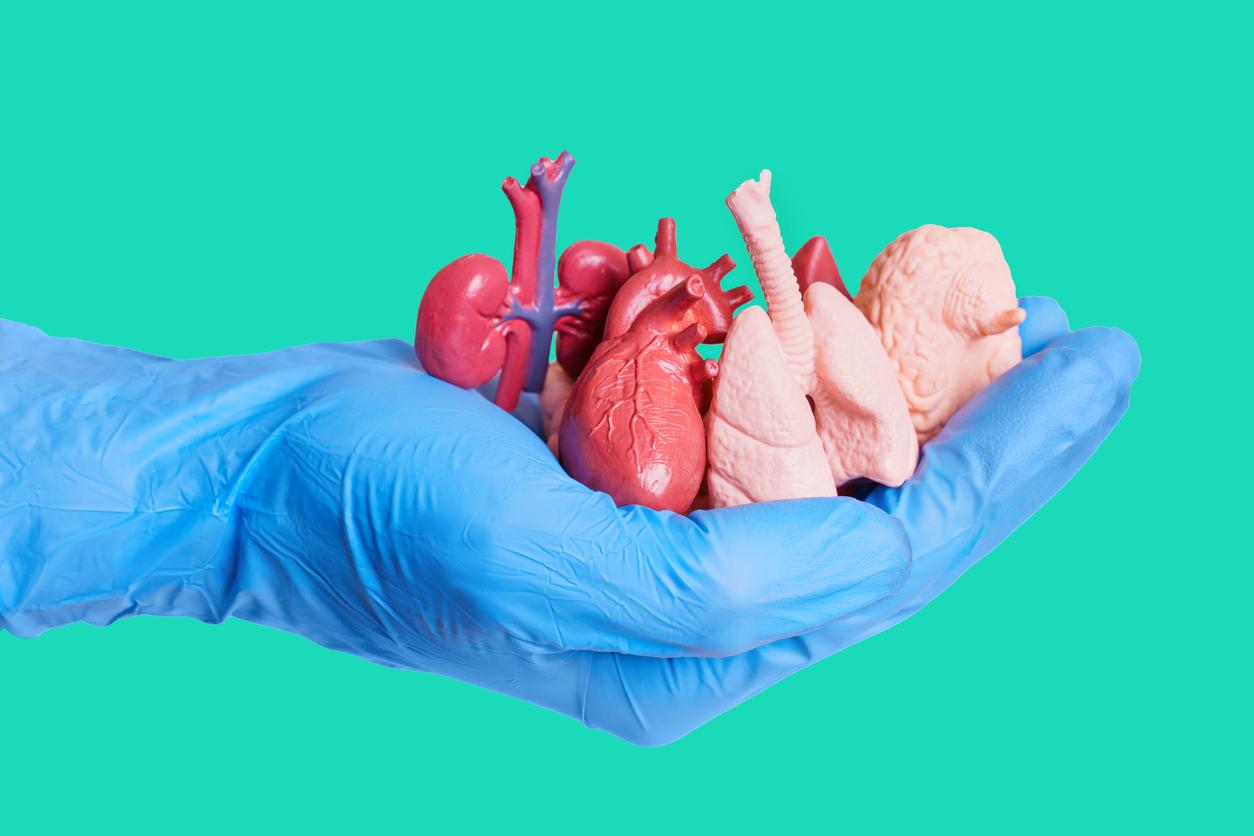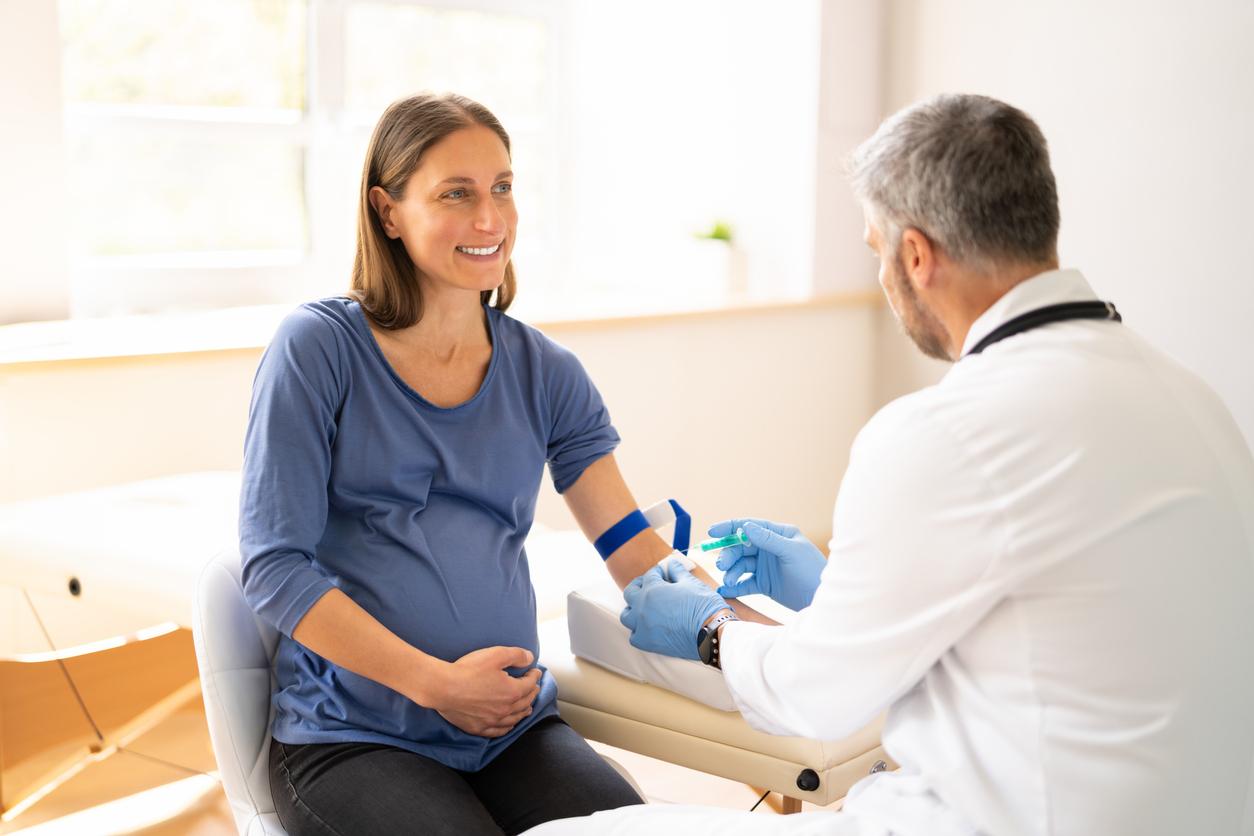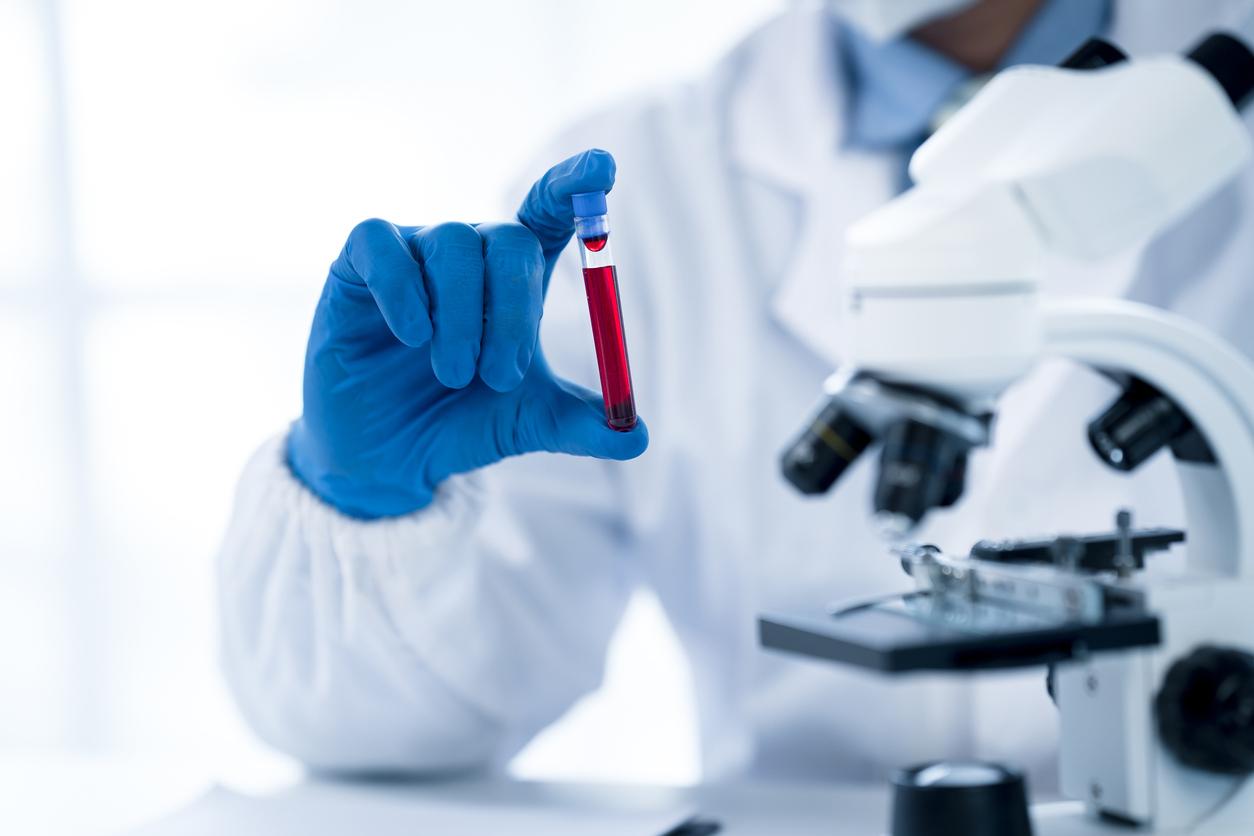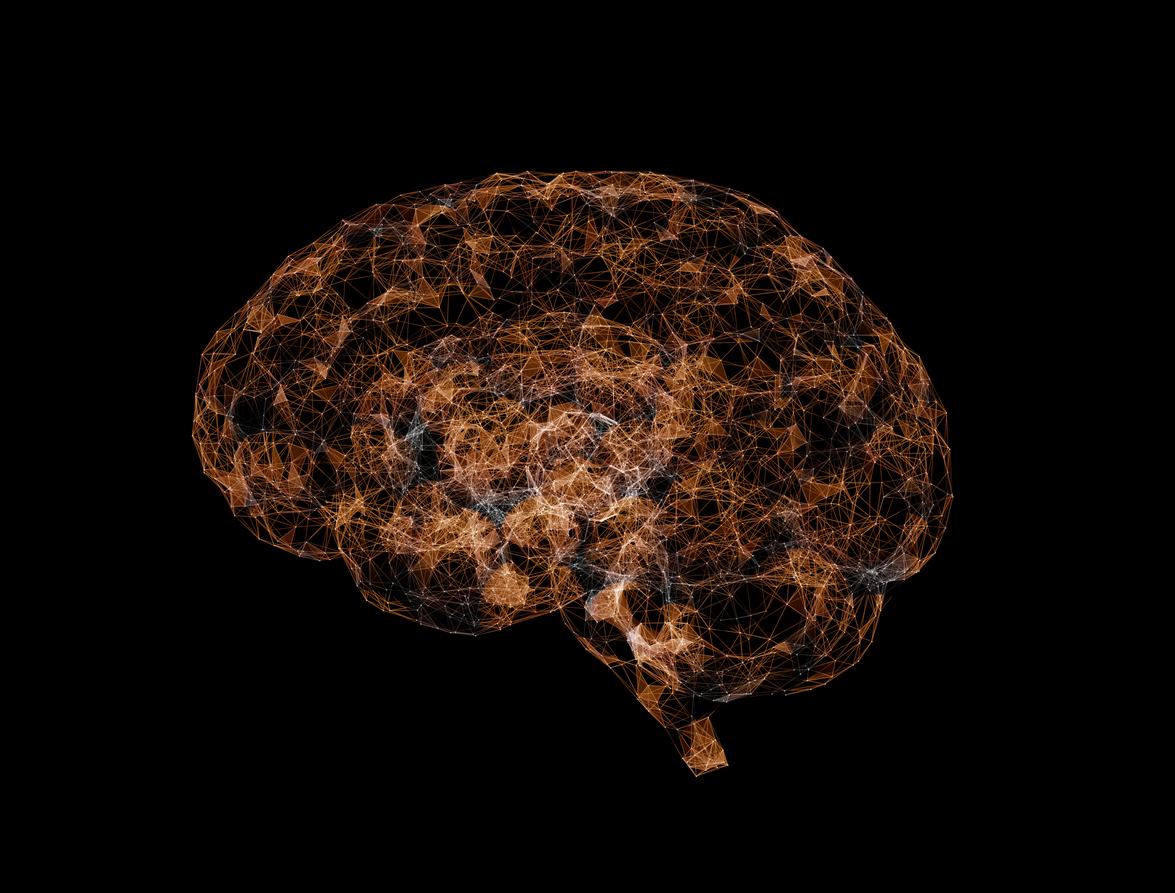A blood test helps assess aging and the risk of organ failure: which could ultimately help predict a person’s risk of disease or death.

- The rate at which organs break down varies from organ to organ and from person to person.
- The analysis of specific proteins present in the blood makes it possible to assess the biological age of an organ but also the risk of death within 15 years.
- Additional work is necessary to perfect the blood test developed by the researchers, before possible marketing.
Not all organs age at the same rate from one person to another. For example, approximately one in five healthy adults aged 50 or older has at least one organ aging at a greatly accelerated rate. However, this phenomenon increases the risk of certain illnesses and even death.
So, a team from Stanford Medicine wanted to find a way to evaluate the speed of aging of organs in order to prevent the diseases they can cause. Based on a blood test, it was presented in the journal NatureDecember 6, 2023.
THE organs age at different rates different
The researchers first wanted to find a way to estimate the biological age of an organ in healthy people. To do this, they assessed the levels of around 5,000 proteins in the blood using blood samples from 1,400 individuals aged 20 to 90 years old. The scientists noted all the proteins whose genes were four times more strongly activated in one organ than in another. They thus identified nearly 900 specific proteins that could be linked to organ aging.
Based on the data collected, the team put developed an algorithm capable of guessing the age of people based on the levels of these proteins. They tested its accuracy by asking it to assess the ages of around 4,000 volunteers from a blood sample. The results were conclusive.
“We can estimate the biological age of an organ in an apparently healthy person”explains the lead author of the study, Dr Tony Wyss-Coray in a communicated. “This, in turn, predicts the risk of disease related to that organ.“
A blood test that can spot aging organs
Next, the scientists used the proteins they had identified to focus on 11 organs: heart, fat, lung, immune system, kidney, liver, muscle, pancreas, brain, vascular system and intestine. They measured specific protein levels for each organ of the study participants.
For each of the 11 organs, they were able to define an “age gap”: that is, the difference between the actual age of an organ and its age estimated by the algorithm’s calculations based on organ-specific proteins. The team found that the age gaps identified for each of the organs, except the intestine, were significantly associated with future risk of death from all causes over 15 years of follow-up.
“Having an organ showing accelerated aging (defined as an algorithm-defined biological age gap for the organ greater than the group average for that organ among people of the same chronological age) carried a 15% to 50% higher risk of mortality over the next 15 years, depending on the organ affected.specifies the press release.
“When we compared the biological ages of each of these organs for each individual with its counterparts among a large group of people without obvious serious illness, we found that 18.4% of people aged 50 or older had at least one organ aging much faster than average”precise Dr. Wyss-Coray. “And we found that these people are at increased risk of disease in this particular organ over the next 15 years.“
One in 60 volunteers had two rapidly aging organs. His mortality risk was then 6.5 superior to others.
Aging accelerated : different risks depending on the organs
The blood test and the algorithm developed showed that the effect of accelerated aging was not the same depending on the organ concerned. For example, people whose hearts showed greater signs of fatigue than others had a 2.5 times higher risk of heart failure than those whose hearts aged normally. Participants with “older” brains were 1.8 times more likely to show cognitive decline over five years than those with “younger” brains.
“There are also strong associations between extreme aging kidney score (more than 2 standard deviations above the norm) and hypertension and diabetes, as well as between extreme aging heart score and atrial fibrillation and heart attack”explain the authors in their press release.
“If we can reproduce this discovery in 50,000 or 100,000 individuals”warns Dr. Wyss-Coray, “this will mean that by monitoring the health of individual organs in apparently healthy people, we may be able to find organs that are undergoing accelerated aging, and we may be able to treat people before they get sick .”
For him, the blood test – when it is perfected – could allow early detection of the risks of several diseases such as Alzheimer’s disease or heart attack, and to implement early therapeutic interventions.
















